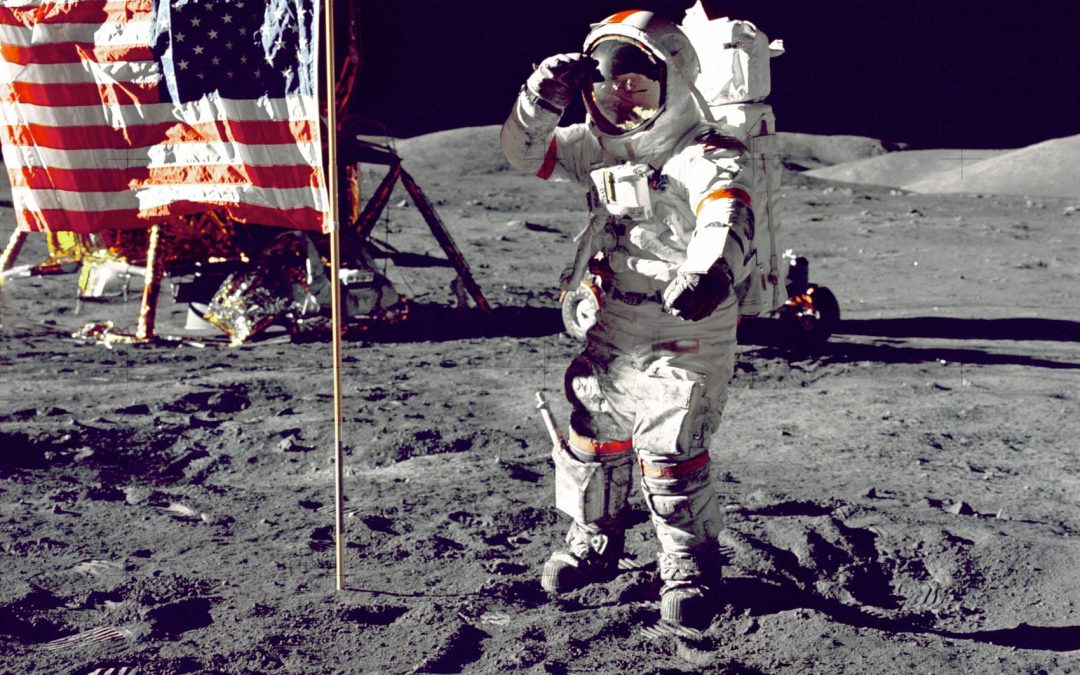Bear with me. I am drinking red wine. But I want to tell you a story.
But first know, I love you very much. In the background is a TV documentary on the trials and triumph of the US space program. I was ten years old when Apollo launched and Neil and Buzz put feet on the white lunar surface. In 1969, my family sat in the “den” on a plaid couch and watched history being made on a grainy black and white TV.
I love you, dear country.
But these old thoughts…and the red wine, of course…are loosening a memory. A sad memory I am not anxious to share, but I must.
In the 1960s a woman worked for my family. She was black, we were white. Ethel Newcomb cleaned our home every other Wednesday. We lived near suburban Hockessin in Joe Biden Delaware. She lived 8 miles away in Wilmington, which could be a pretty rough place. My mother would pick Ethel up at the bus stop and bring her to our home for the day.
Her name was Ethel Newcomb, but to me, a six-year old girl, and everyone else in the family, she was Ethel. My mother went by Mrs. Wharton.
I don’t recall this incident, but when I was young, and apparently very frustrated with Ethel (she probably chided me for not cleaning my room or something), I told her to go home.
To Africa.
“Go home to Africa.”
Yes, I said that. I have no memory of the incident, but my mother told me the story 20 years later.
She recalled that Ethel was distraught and angry, and my concerned parents apologized on my behalf. Ethel must have been mollified by this because she continued to clean our home. Or maybe she had no other choice. I never knew the pain I had caused.
Years went by. Ethel didn’t work for us anymore. I went away to school. And then she died.
And that’s when I learned what I had said.
Why did I say that? Where did I even get the idea to say that? I will never know.
But it was in the air. Back then.
It made me sad to carry that sin. I mean, what do you do with that? To tell a woman, whose forebears had been forcibly brought to this country, to go home.
What ignorance, what shame.
A day came—some thirty years later—when I worked in a corporation and had children myself. I got to know an African-American woman who worked in our office. We developed a little bit of trust. I decided to unburden myself and tell her my story.
The admission came out of my mouth like stones. Since Ethel had died, I asked my co-worker if I could apologize to her…for Ethel? And would she forgive me? For Ethel.
She turned away.
There were some tears. Mine, and hers, I think.
I don’t know that she forgave me, but she said a white person had never asked for her forgiveness. Ever.
It was enough. Grace, that is.
Now it is 2019, and I hear these words again.
It cannot be, these salt-dagger words. Their destructive half-life is decades, even lifespans.
I love you, dear county, but I have grandchildren now. What is in the air? What will this generation hear and say? And do?
Like shooting the moon, the path is forward, not back, as stony and tearful as it may be. With wonder (and with Neil) I want to believe that a small step by each of us would be a giant leap for a beloved but troubled nation.

